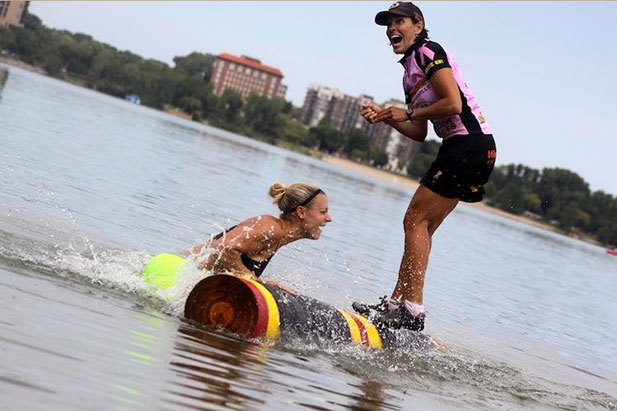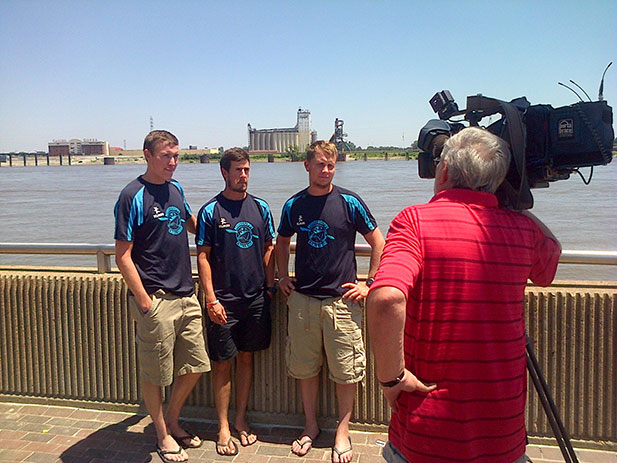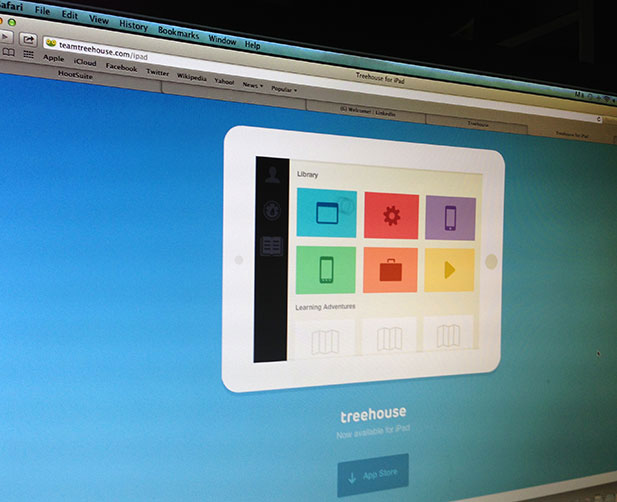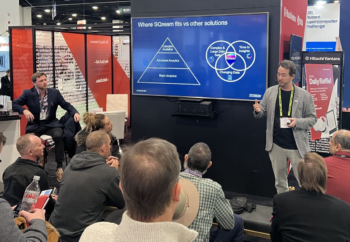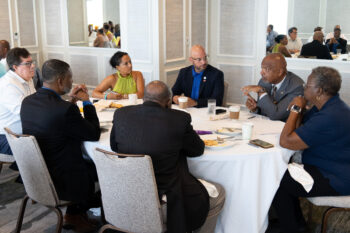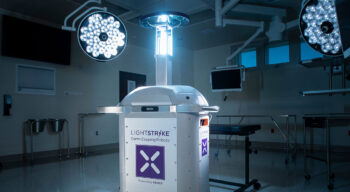As a fan of nearly any and all sports, I couldn’t help but be intrigued when I received an email about Key Log Rolling, a company that first set up shop in Minneapolis, Minnesota. You may know log rolling as the sport of the American lumberjack, but thanks to the innovations of Abby Hoeschler, it could just become more.
If you’re not from Minnesota or Wisconsin, where the sport is more popular, you may be thinking, “Log rolling, really?” Don’t be so fast to judge it though. It requires superior footwork, balance and strength, and that’s just to get the log rolling without falling off of it. Add in another person for competition, and it’s a whole new game.
The sport first began in the 1880s when North American lumberjacks floated logs from forests downriver to the sawmill. They’d have to run back and forth across the river to guide them, which was not only challenging but also fun.
Today, the sport is becoming popular with youth and hosts a governing body along with world championships. In 1969, Judy Scheer, also known as Abby Hoeschler’s mother, first became involved with the sport as a 12-year-old in Hayward, Wisconsin, the home of the World Log Rolling Championships. She went on to covet seven world log rolling titles, and with the help of her husband, her four children followed in her footsteps as world-class log rollers.
However, the sport became stagnate as the family tried to gain traction teaching others the sport. And it was simply because the sport requires the use of a 500-pound cedar log. This became especially clear in 2005 after working to establish a European log rolling program. Since Europe didn’t have access to the species of tree needed and agricultural restrictions prevented its transportation across the ocean, they were stuck.
That’s when Abby stepped in and began working on a lighter, synthetic product to help propel the sport forward. The solution was Key Log Rolling, a 60-pound synthetic log that you fill with water once you arrive at your destination. Its patent-pending design is made of polyethylene, which is the same material used in making canoes and kayaks. It’s also what geothermal manufacturers use for the pipes that are part of the loop field, which typically carry a 50-year warranty once buried in the ground. In reality, it will last longer than that. Polyethylene is a plastic that doesn’t peel, splinter, crack, rot or mold, meaning there is absolutely no maintenance.
In 2010, the company was born, and they celebrated their first successful prototype in April 2011 with the help of two composite engineering students at the University of Minnesota, Winona, Calvin Skeim and Austin Erdenberger. By May of 2012, they found a manufacturer to produce the log and in August it was ready for testing in the market. Today, you can purchase your very own Key Log on their website for $2,150, and you’ll even find tips on how to log roll or start a program in your area.
Take a minute to watch the video, and tell me that doesn’t look like a lot of fun. Perfect for all ages, this could be a great family activity or friendly competition between friends. What do you think? Does this product have staying power in the market?
Key Log – Just Add Water from Key Log Rolling on Vimeo.

